The Future of Smart Logistics Models
- June 3, 2024
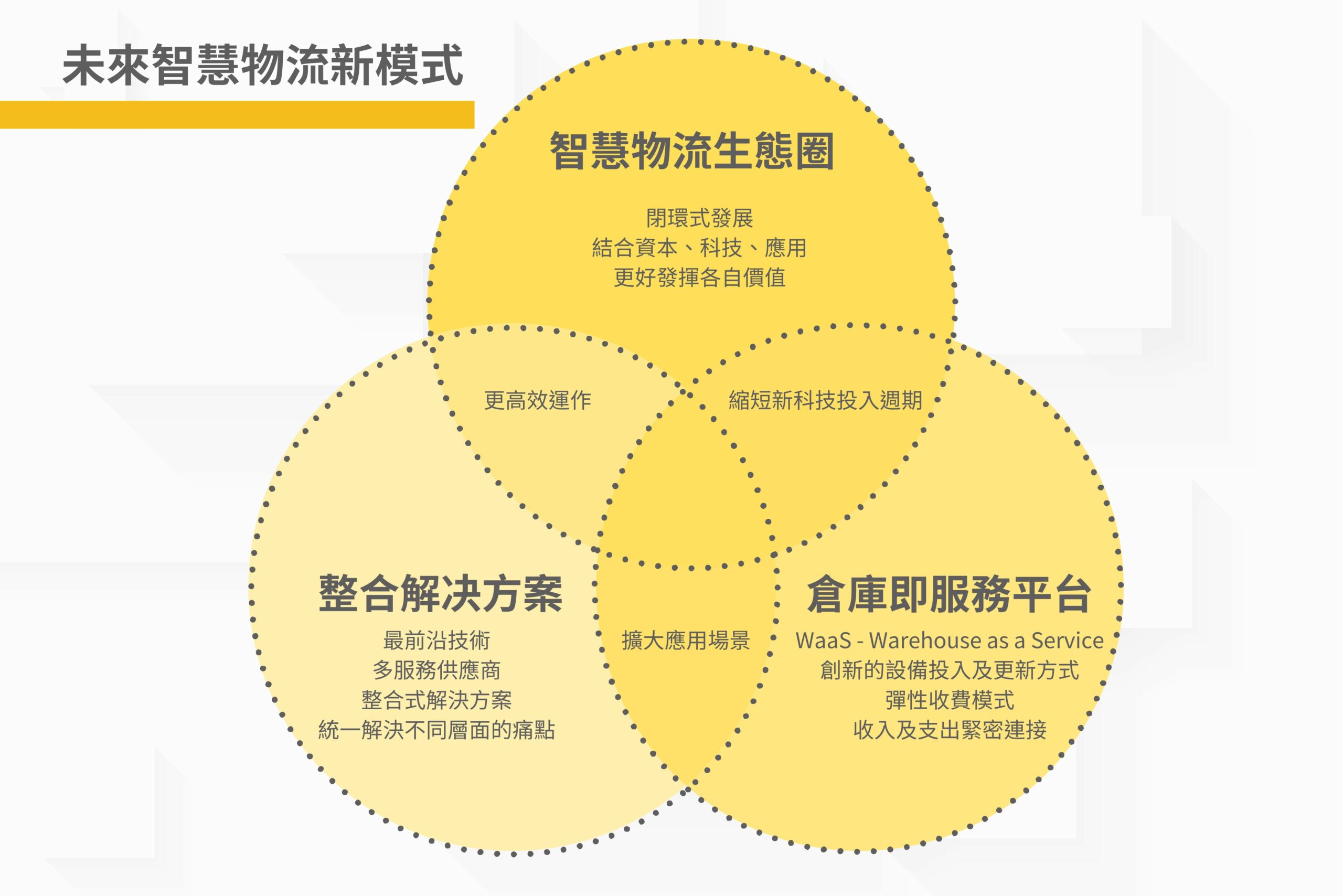
JD Logistics Transforms Its Supply Chain Solutions in Hong Kong
JD Logistics, a leading logistics provider, has established a new state-of-the-art supply chain industrial base in Hong Kong, signaling the company’s commitment to transforming the logistics industry towards more intelligent and automated solutions.
The new facility not only offers full-channel fulfillment services from its self-operated warehouses, but also includes specialized temperature-controlled storage to cater to diverse product categories such as wine, pharmaceuticals, food, and luxury goods. Looking ahead, JD Logistics plans to further expand its capabilities by building an OTC (over-the-counter) drug warehouse at the Hong Kong site, providing one-stop supply chain services to more regional pharmaceutical merchants.
JD ‘s development of a supply chain industrial base is just one component of the future Smart logistics model. In fact, Reitar Logtech Group has already made deployments for the new smart logistics model of the future.
The supply chain solution is becoming more comprehensive
JD has experienced a dramatic increase in order volumes, necessitating more integrated logistics and supply chain solutions to keep up with demand. Building on its existing point-to-point delivery service, JD has added different types of warehousing, such as ambient and temperature-controlled facilities, to address the increasingly diverse needs of its customers. Efficient operation of these services requires advanced logistics technologies.
It’s clear that a single “point-to-point” delivery model can no longer meet market demands. The “end-to-end solution” implemented by Reitar is well-equipped to take on this challenge. This comprehensive approach integrates advanced technologies like automation, big data, and the Internet of Things to provide unified smart logistics services. This not only solves various pain points for customers, but also improves operational efficiency across the entire supply chain ecosystem.
Transformation of the 3PL operating model – “Warehouse as a Service”
JD operates its supply chain industrial base using an independent 3PL (third-party logistics) model. Although JD is a publicly listed company, it still faces a number of problems. Traditional 3PL enterprises that build their own warehouses face challenges such as high capital investment and issues with fluctuations in demand, dealing with both high and low peaks. The emergence of the “Warehouse-as-a-Service” (WaaS) model has also played a role in this transformation. The asset-light WaaS approach helps 3PL companies overcome challenges like high capital investment and fluctuating demand, allowing them to focus on improving operational efficiency and meeting more customer requirements.
Upgrade of the logistics stakeholder cooperation model – “Smart Logistics Ecosystem”
However, realizing the full potential of the “end-to-end solution” vision will require deep integration of capital, technology, and application scenarios—a task that no single company can achieve alone. Reitar is, therefore, advocating the development of a “Smart logistics ecosystem” that brings together various stakeholders, including logistics providers, technology companies, and customers.
The future of logistics will become increasingly smart and automated, with supply chain solutions, cooperation models, and operational models all evolving towards a new Smart logistics landscape. Adapting to this trend and driving continuous innovation will be essential for logistics players to enhance the competitiveness of the entire industry and better serve their customers.
Source:東網
Other News
- All Post
- Breaking News
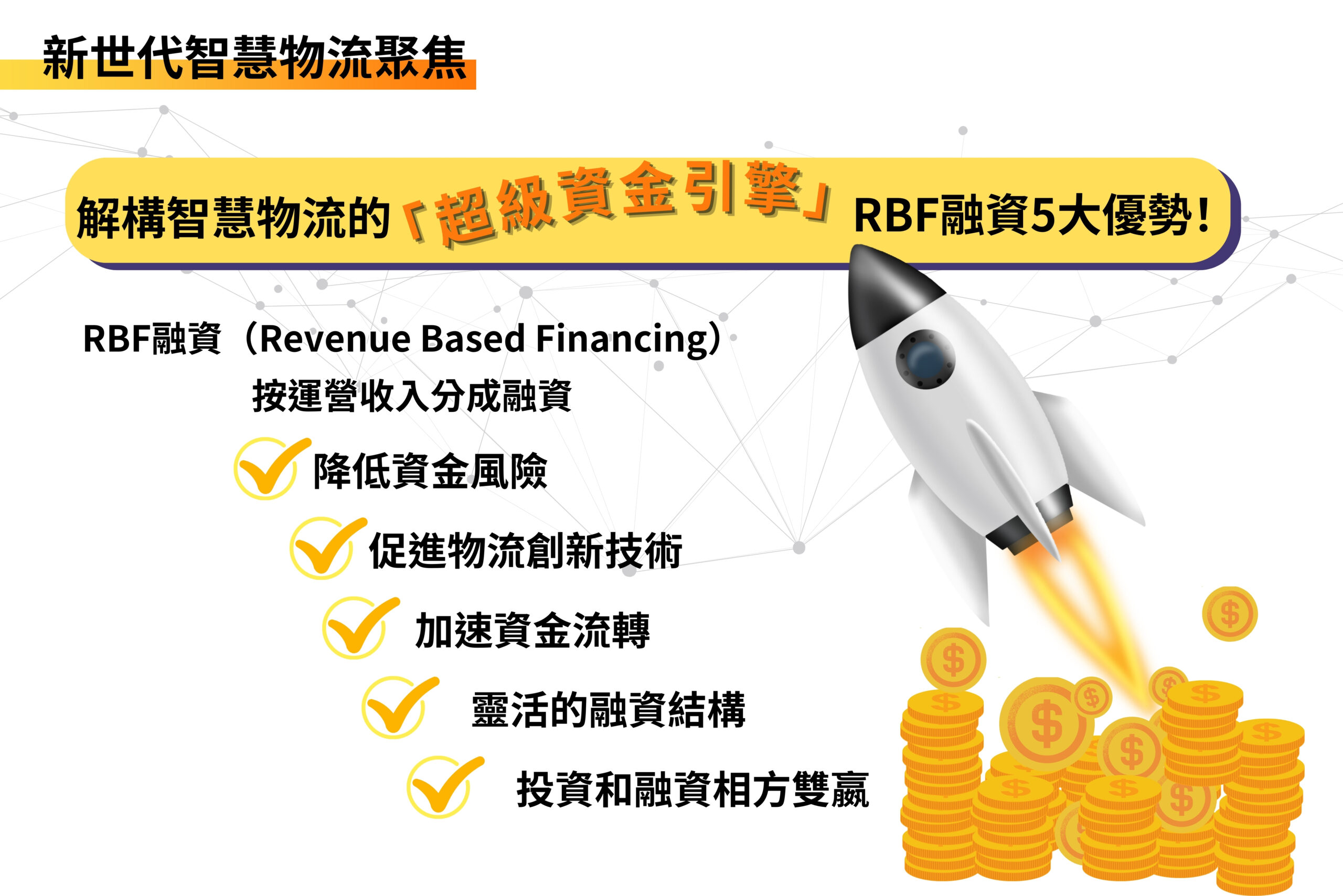
RBF is increasingly becoming a key driver in the smart logistics sector. This model not only alleviates companies' financial pressures but also fosters innovation and market expansion.
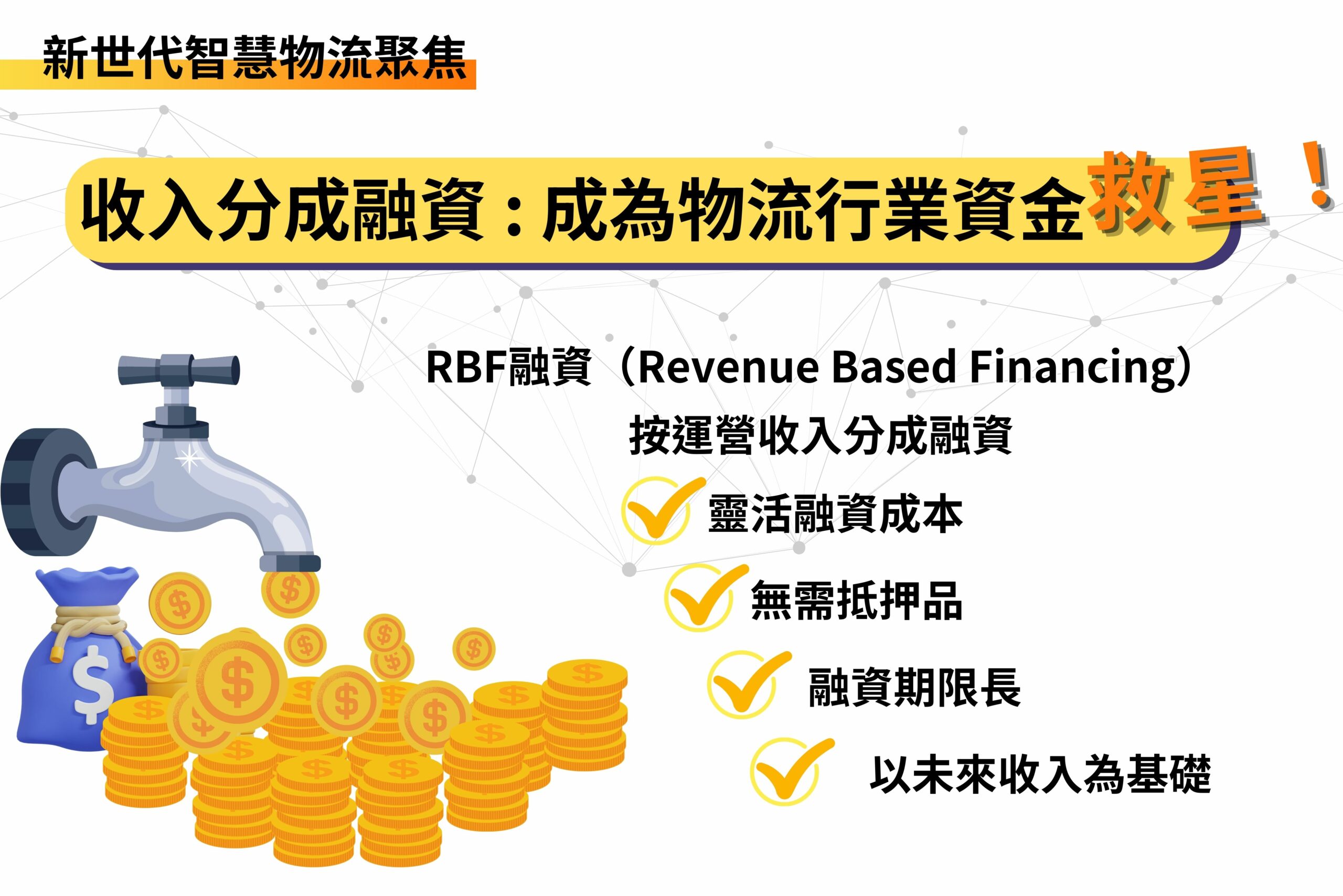
The logistics industry is currently grappling with significant challenges, including business expansion, technology upgrades, and supply chain management. As companies strive to upgrade to smart logistics level, there is an urgent need for substantial financial support. One solution gaining traction is Revenue-Based Financing (RBF), which offers a flexible approach to cash flow management.
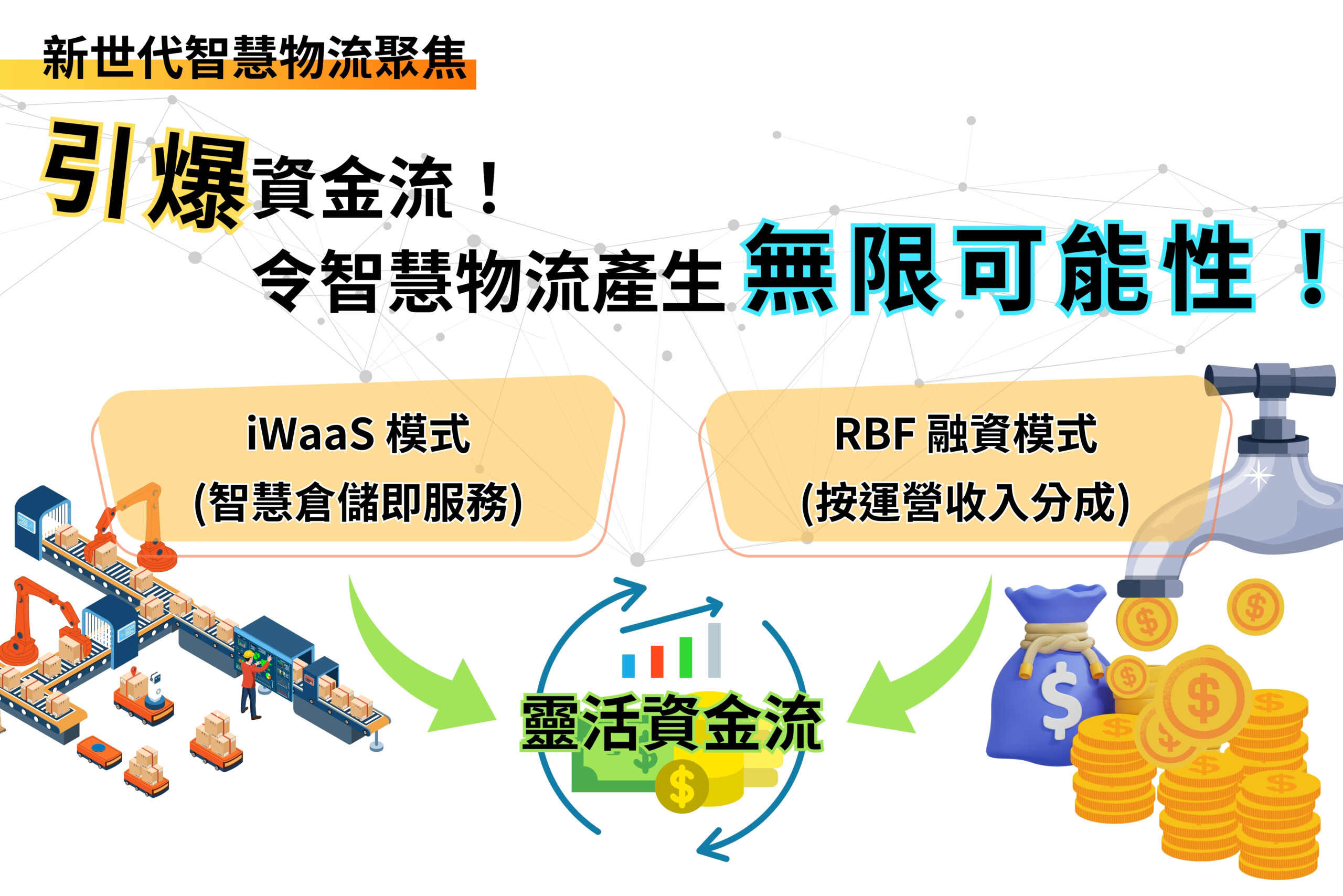
At the core of smart logistics development, the strongest driving force is undoubtedly " Capital flow ".
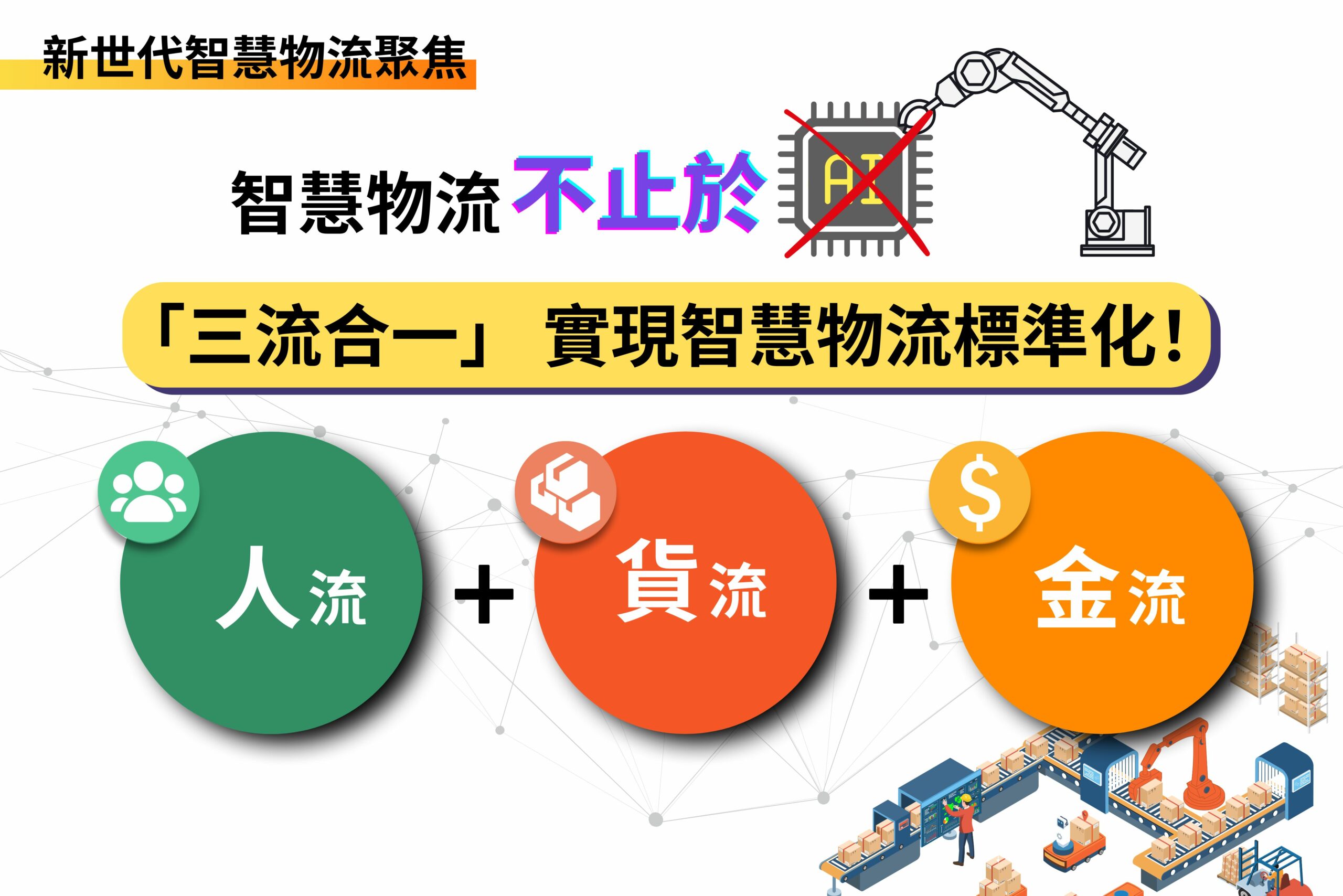
"Smart Logistics" should be about enhancing the stability of the supply chain and achieving smooth operation of the logistics supply chain, with AI as just one component.
